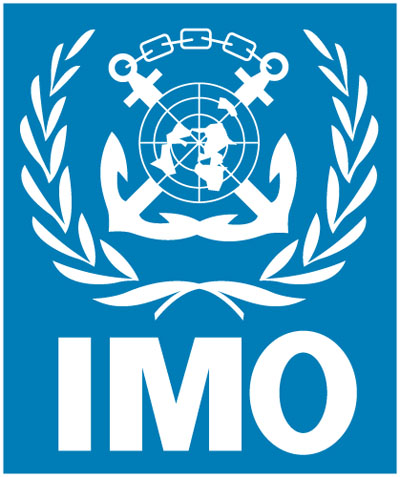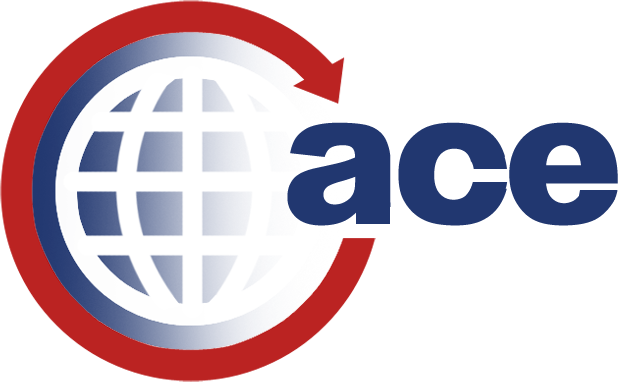
On Tuesday, March 1st, the NCBFAA released a Monday Morning eBriefing newsletter, which focused on the recent statement that was made by the United States Coast Guard (USCG).
According to the NCBFAA eBriefing, the USCG took a moment to clarify its position on the International Maritime Organization (IMO) and the new carrier guidelines that require the exporter that is listed on carrier’s master bill of lading to provide a certification of the Verified Gross Mass (VGM) of any container (including the tare weight of the container) tendered to the vessel operators.
There is no need to change processes
Admiral Paul Thomas of the USCG advised that the Coast Guard would need to implement the IMO’s changes through an appropriate regulatory rulemaking, before the IMO can compel the U.S. shippers and carriers to change their current business practices.
It was said that current ly the USCG feels that today’s process are working as long as both the shipper and carrier has done their job properly. Since there is nothing deficient or inherently unsafe about existing export processes, the Coast Guard feels that there is no need to change processes and will not do anything to enforce the new VGM rules on either the U.S. shippers or carriers .
It is assumed that the carriers will not accept this and will continue to push U.S. exporters and OTIs to still provide a VGM certificate. This will be monitored carefully by the NCBFAA.

